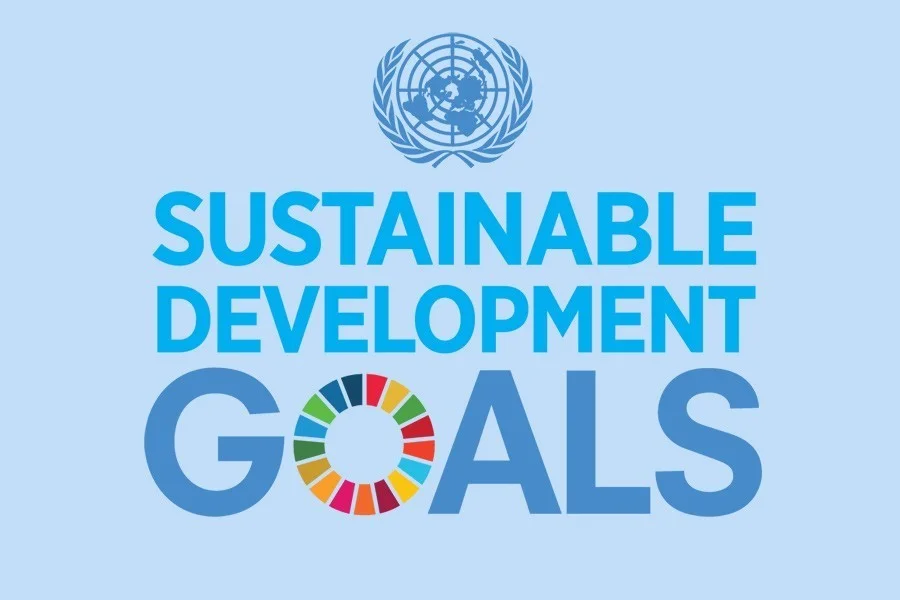The environmental performance index (EPI) scorecard is calculated every year to analyze the
performance of different countries in adhering to UN Sustainable Development Goals (SDGs) on
the ecological paradigm. The study is comprehensively conducted by Yale and Columbia
universities. This year’s review places Bangladesh on the 162nd position out of 180 nations. The
main purpose of the EPI Score is to help determine where a particular country stands concerning
its environmental policies and what remedies can be taken by them to improve their rankings in
the wider scheme of things. The particular assessment is based on 32 performance indicators that
are spread across 11 categories, namely; ecosystem, environmental health, climate change,
ecosystem vitality, pollution level, and fisheries. The best-performing nations are known as
leaders, whereas the ones which are lagging are called laggards.
Last year Bangladesh was ranked 179th in the EPI Score, keeping this in mind, this year marks a considerable improvement for the nation. In South Asia as well, the country has moved upwards, attaining the third position with 29 points after India and Afghanistan respectively in the region. However,
Bangladesh still has a long way to go before placing next to the top tier countries of the world.
For this, she has to apply the best practices that are being applied around the globe.
Upon closer scrutiny towards the EPI scoreboard, it is obvious that developing countries with
high per GDP capita are leading, be it; Denmark, Luxembourg, Switzerland, and The United
Kingdom. These countries owe their success to their ability to invest more financially and a
better governance model. On the contrary, Bangladesh should look to chalk out a model that
suits its environment and culture. It should factor in the high levels of pollution in the air, rapid
urbanization, and high population density. To counter these Bangladesh needs to benefit from its
demographic dispensation.
Finally, the present assessment is based on indicators that reveal a lot about the country’s present
performance and what needs to be done in addressing its environmental concerns. Another aspect
that should be taken into consideration is how developing nations can the other nations in
bringing their levels to adequate measures to be in a better position for next year’s calculations.
Also See: India Ranks 168th on Environmental Performance Index



![Ukrainian and Russian flags with soldier silhouettes representing ongoing conflict. [Image via Atlantic Council].](https://southasiatimes.org/wp-content/uploads/2026/02/2022-02-09T000000Z_1319661209_MT1NURPHO000HXCNME_RTRMADP_3_UKRAINE-CONFLICT-STOCK-PICTURES-scaled-e1661353077377.jpg)


